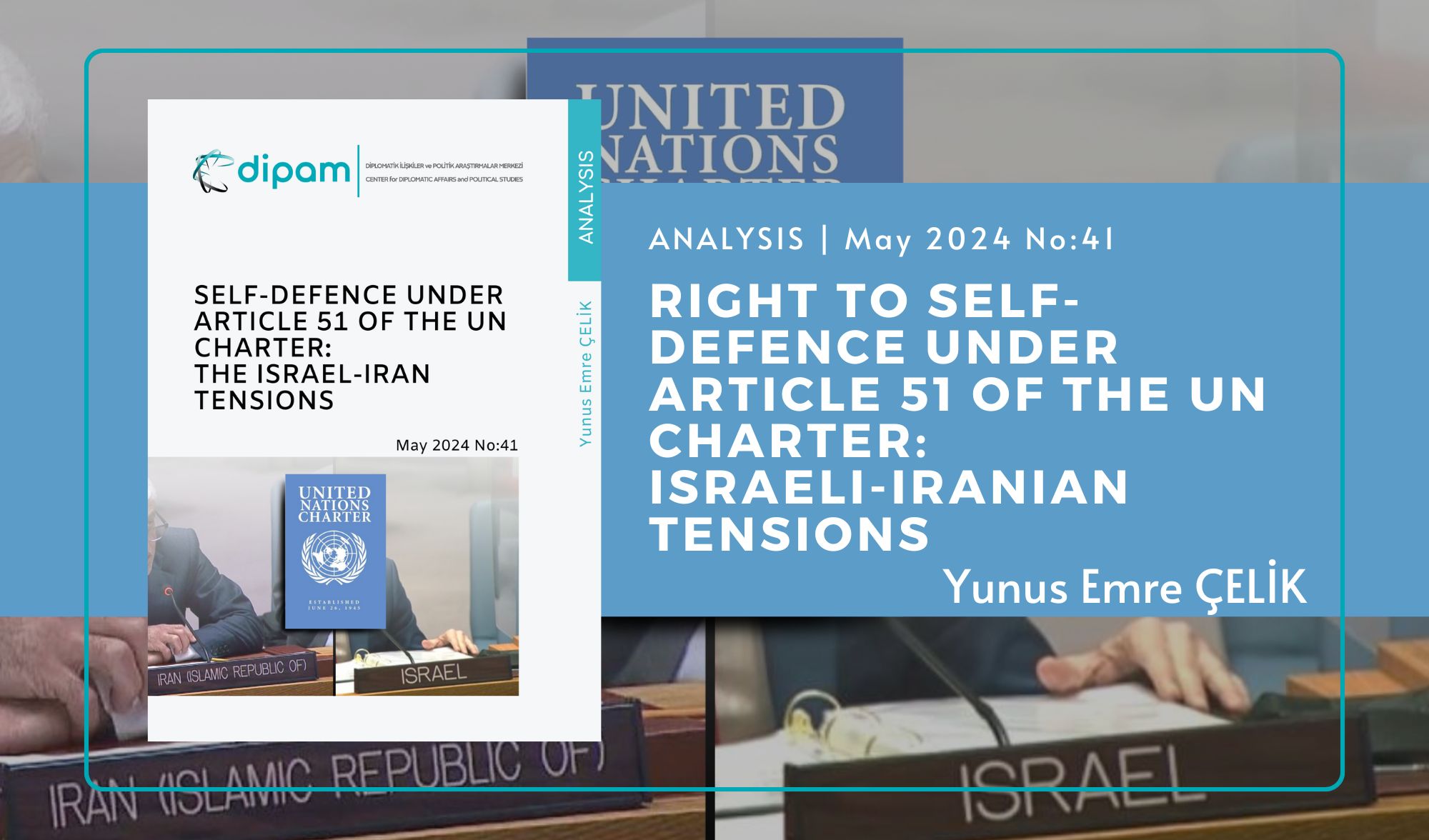In present age, wars have turned into struggles in which the one those have the world public opinion on his side also holds the upper hand. Perhaps in the 17th century, the strength of your wrist brought victory, but now you also need to convince the wrists to go to war. In our age, people either do not carry the concepts that they have enough love and loyalty to put their lives on the line, or they are already fighting against making war.
Moreover, international public opinion tends to strongly condemn even wars in which they are not involved. One can imagine that in order to fight a war, it is no longer enough to convince your own country, you also have to convince the international community of the rightness of the war. Despite these advances that make it harder to fight, people do not always evaluate the current moral values of ongoing wars; sometimes they carry the baggage of history. Otherwise, it would not have been possible for the atrocities in Palestine to be overshadowed by Iranian provocation. Israel is currently using the fear of Iran, one of the historical baggage of the West, to turn the tide of international public opinion in its favour.
The Israeli attack on the Iranian embassy in Damascus helped Iran to recover the support it had lost in the international community. The Iranian counter-attack, which followed shortly afterwards, was widely criticised by the Western world. Iran has responded to this criticism by invoking Article 51 of the United Nations Charter and justifying its attack on the grounds of self-defence. But how can Iran’s argument be legally analysed and what are the tests of its persuasiveness? In the following analysis, we are on to examine the right to right to self defence from a terminological and international law perspective, point to examples in line with the United Nations Charter, and try to resolve the legitimacy-legality dilemma regarding the operation carried out without a UN resolution.
…




